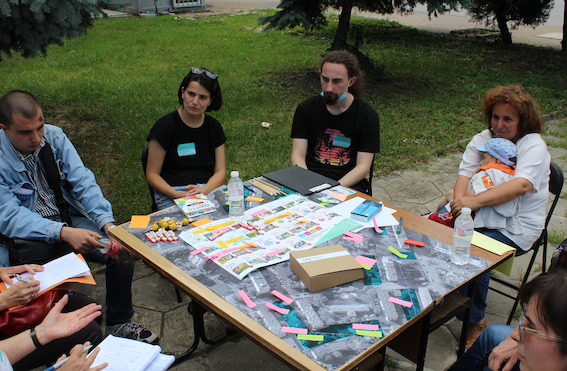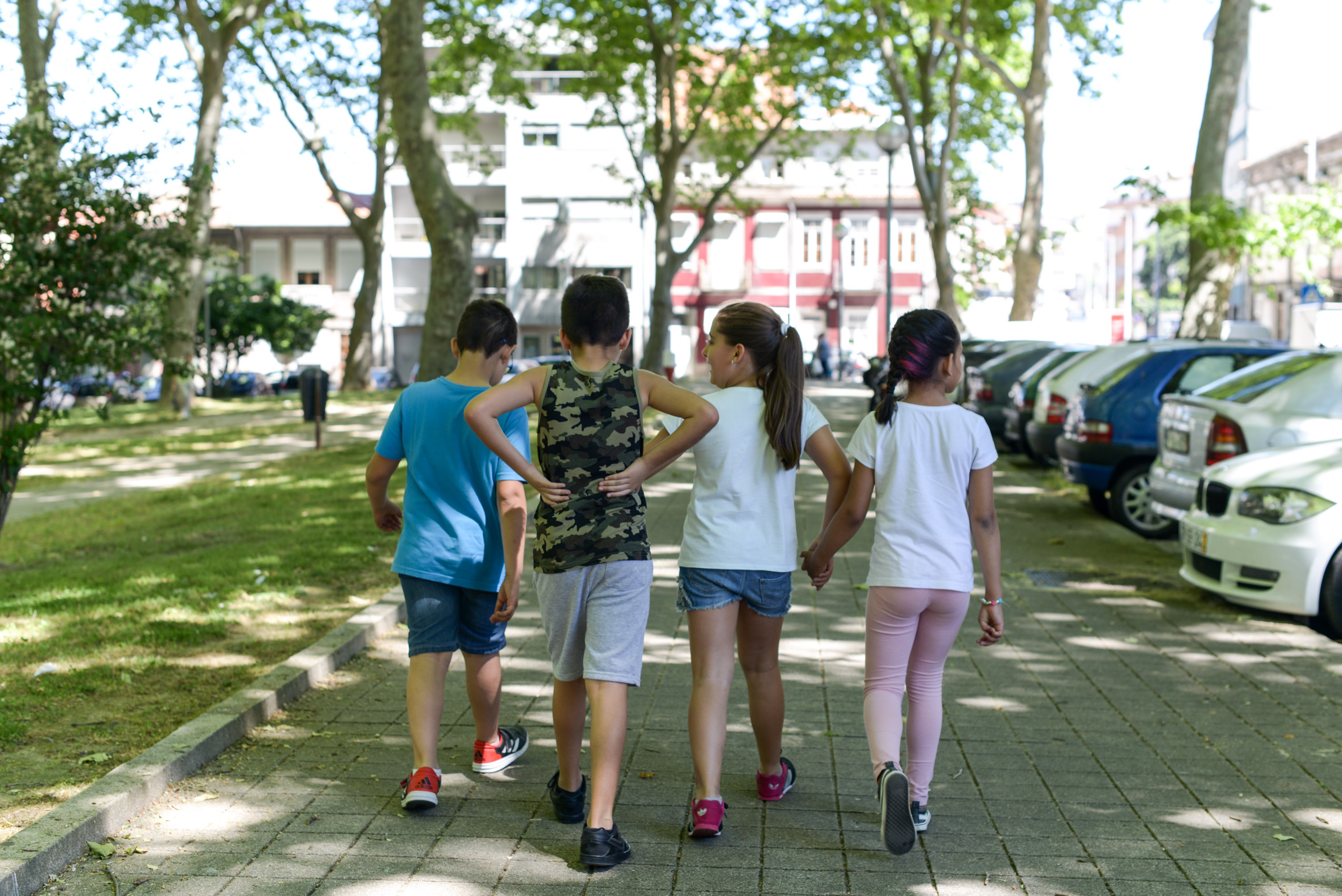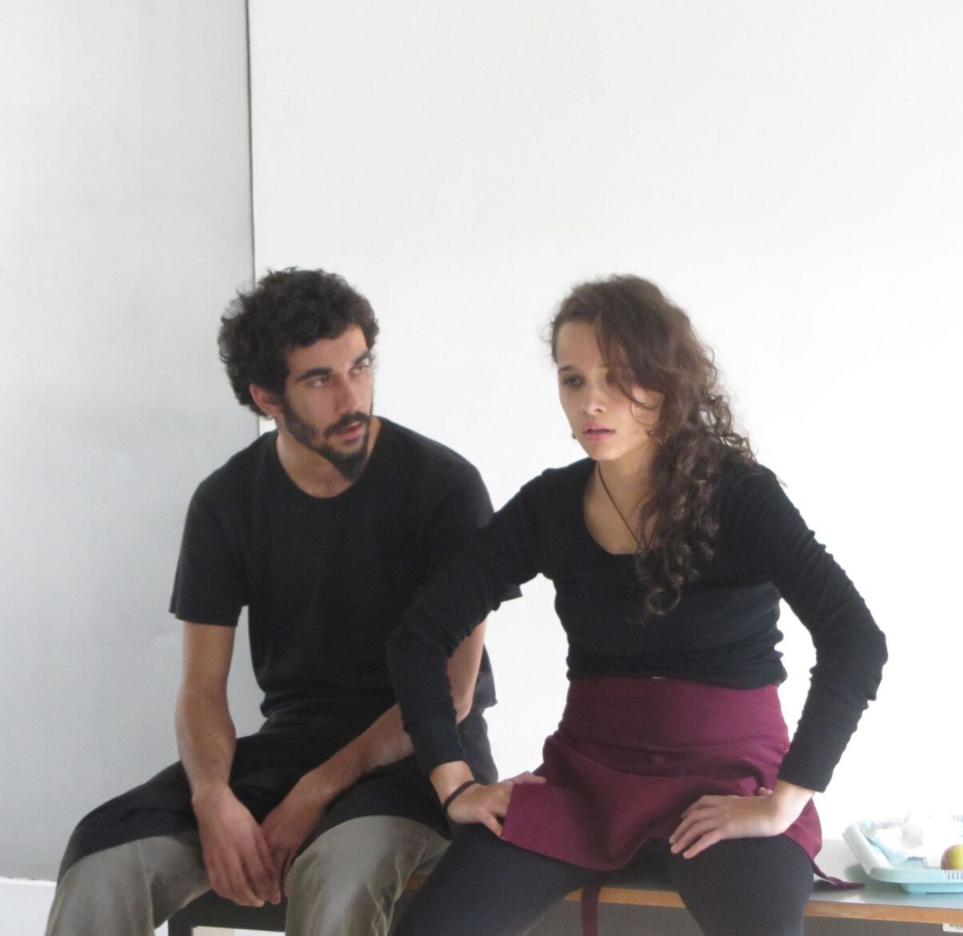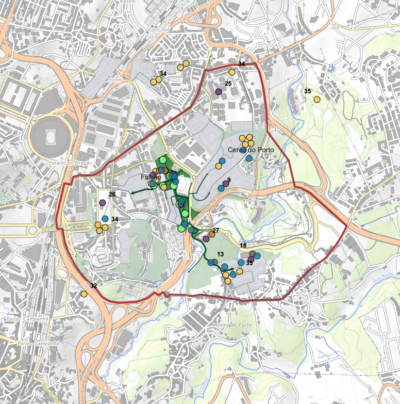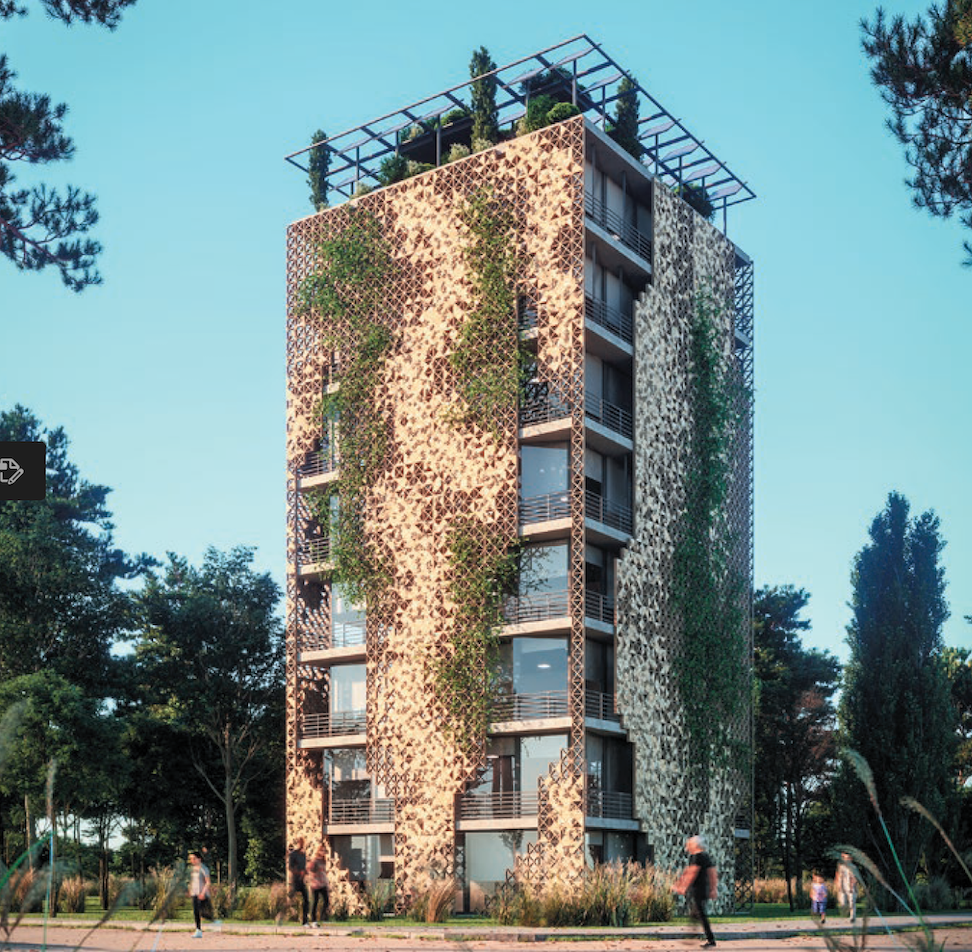Sharing and learning on the empowerment of citizens and civil society in environmental matters
On the 10th & 11th of October 2022, Isabel Ferreira, researcher at the Centre for Social Studies of the University of Coimbra and member of the co-coordination team of the URBiNAT project, will participate in the Tenth meeting of the Task Force on Public Participation in Decision-making under the Aarhus Convention.
Her presentation “URBiNAT: co-creation and co-governance approaches for inclusive, nature-based solutions” will focus on public participation in decision-making in urban development processes—and in particular the planning of healthy corridors and nature-based solutions—in the framework of the URBiNAT project.
The presentation will use the example of Porto to illustrate the participation of citizens, researchers, local organizations and municipal stakeholders in the living lab of three social neighborhood areas.
About the Aarhus Convention
The UNECE Convention on Access to Information, Public Participation in Decision-making and Access to Justice in Environmental Matters was adopted on 25th June 1998 in the Danish city of Aarhus at the Fourth Ministerial Conference in the ‘Environment for Europe’ process.
Together with its Protocol on Pollutant Release and Transfer Registers, it protects every person’s right to live in an environment adequate to his or her health and well-being. They are the only global legally binding global instruments on environmental democracy that put Principle 10 of the Rio Declaration on Environment and Development in practice.

Fragments of the infographic on Aarhus Centres. (OSCE)
The Aarhus Convention is a new kind of environmental agreement. The Convention:
• Links environmental rights and human rights
• Acknowledges that we owe an obligation to future generations
• Establishes that sustainable development can be achieved only through the involvement of all stakeholders
• Links government accountability and environmental protection
• Focuses on interactions between the public and public authorities in a democratic context.
The subject of the Convention goes to the heart of the relationship between people and governments. The Convention is not only an environmental agreement, it is also a Convention about government accountability, transparency and responsiveness. It grants the public rights and imposes on Parties and public authorities obligations regarding access to information and public participation and access to justice. Moreover, the Aarhus Convention is also forging a new process for public participation in the negotiation and implementation of international agreements.
Source: https://unece.org/environment-policy/public-participation/aarhus-convention/introduction

Fragments of the infographic on Aarhus Centres. (OSCE)

Porto
Isabel Ferreira
Project Co-Coordinator CES-UC
Portuguese researcher at the Centre for Social Studies of the University of Coimbra. Principal researcher and co-coordinator of the project TRANS-Lighthouses – More than green – Lighthouses of transformative nature-based solutions for inclusive communities, European project funded by Horizon Europe and co-coordinator of the project URBiNAT – Healthy corridors as drivers of social housing neighbourhoods for the cocreation of social,environmental and marketable NBS, European project funded by H2020. Between 2015-2016 she integrated the team of the H2020 project EMPATIA. Since 2015, she also has been collaborating regularly with the Executive Agency for Research (European Commission) as an independent expert. She holds a PhD in Sociology, Cities and Urban Cultures, with the thesis dissertation “Governance, citizenship and participation in small and medium-sized cities: a comparative study between Portuguese and Canadian cities”, funded by the Foundation for Science and Technology (SFRH/BD/129936/2017) and mobility grants from the Calouste Gulbenkian Foundation and the International Council of Canadian Studies. She graduated in Geography, with specialization in Environmental Studies at University of Coimbra (Portugal), and specialized in Environmental Impact Studies at University of Murcia (Spain), and holds a Master in Territorial and Environmental Planning at the New University of Lisbon (Portugal). Her professional experience is mainly related to local planning in environmental, territorial, cultural, educational and sports planning, having held technical functions at the Municipality of Barcelos where she coordinated, collaborated and developed various plans and projects between 2001 and 2012.
Related resources
[Policy Brief] Innovating with urban governance: municipal committees for inclusive, nature-based solutions
This policy brief explores the challenges and innovative opportunities for institutionalising participatory processes within municipal contexts. Specifically, we report on the creation of municipal committees, a proposal framed within the EU-funded project URBiNAT aimed at co-creating healthy corridors made up of a combination of nature-based solutions (NBS). The proposed committees aim to consolidate citizens’ engagement in the process of co-creating NBS, by offering opportunities for: cooperation and co-production between citizens, public authorities
and stakeholders; building consensus through possibilities to influence, negotiate and deliberate on decisions; handling emerging conflicts, dissensus and disagreement.






